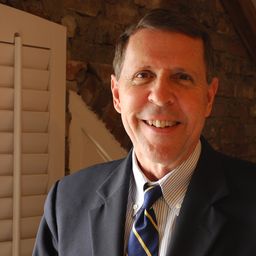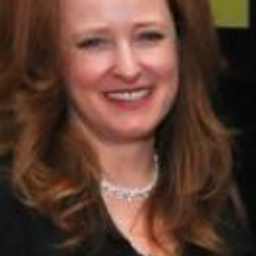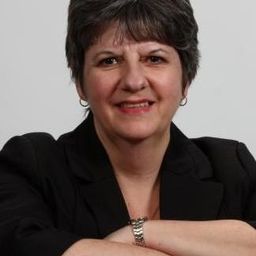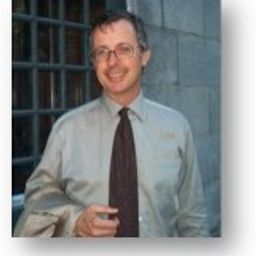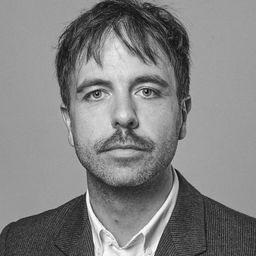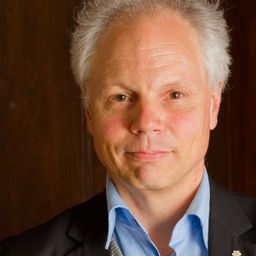
Sessions auxquelles Prof. Barbara Törnquist-Plewa participe
Samedi 4 Juin, 2016
Sessions auxquelles Prof. Barbara Törnquist-Plewa assiste
Vendredi 3 Juin, 2016
What does heritage change for tourism? | Le patrimoine, ça change quoi au tourisme? Ce débat veut interroger les relations entre le tourisme et le patrimoine et dépasser ainsi les idées reçues sur l'antagonisme entre le tourisme "corrupteur" et le patrimoine qui en serait la victime. Il s'agit donc de repenser le tourisme comme un réel acteur du patrimoine, de sa valorisation et de son appropriation, y compris par les populations locales. Cela présuppose, au p...
Qu’est-ce que le patrimoine change à Montréal? Qu’est-ce que Montréal change au patrimoine? Ce débat vise à mettre en discussion l'évolution et le devenir du patrimoine dans la métropole du Québec en interrogeant les motifs de l'attachement (ou de l'indifférence) de la société civile et des décideurs, mais aussi en questionnant les moyens dont ils disposent pour agir sur le patrimoine. Au-delà de la fameuse "pierre grise" et des matériaux expressifs de l'identité historique de Montré...
Welcome addresses and cocktail, followed by the Concordia Signature Event "The Garden of the Grey Nuns". As the opening ceremony and cocktail take place in the former Grey Nuns' Motherhouse, recycled into campus residence and reading rooms by Concordia University, delegates will also have the possibility to discover the video Three Grey Nuns (3 minutes, by Ron Rudin and Phil Lichti. Three Grey Nuns recount their memories of communal life in the Grey Nun’s Motherhouse. Built...
Samedi 4 Juin, 2016
What if we changed our views on heritage? And if heritage has already changed? While, on the global scene, states maintain their leading role in the mobilization of social and territorial histories, on the local scale, regions, neighbourhoods and parishes have changed. Citizens and communities too: they latch on to heritage to express an unprecedented range of belongings that no law seems to be able to take measures to contain, often to the discontent of...
Most of what we experience as heritage emerges into conscious recognition through a complex mixture of political and ideological filters, including nationalism. In these processes, through a variety of devices (museums, scholarly research, consumer reproduction, etc.), dualistic classifications articulate a powerful hierarchy of value and significance. In particular, the tangible-intangible pair, given legitimacy by such international bodies as UNESCO, reproduces a selective ordering of cul...
Dimanche 5 Juin, 2016
We would like to propose a session, building on the one we ran at the 2014 CHS conference in Canberra, on how emotion and affect feature in the fields of heritage and museums studies, memory studies, public history, heritage tourism, studies of the built and urban environment, conservation, archives and any field of study that deals with the emotional impact and use of the past in the present. There is an increasing interest in how emotion is a form of judgement on things that affect ou...
"What does heritage change?" is a multifaceted question to which the answer(s) are in primary respects related to real-life negotiations among different groups of citizens, cultures, races, ethnic groups, sexual identities, and social classes about received, official and/or widely accepted or accomodated intangible attributes, cultural traditions, historic monuments, buildings, and other transmitted or revived historical legacies. Heritage designated by and for whom, for what motivations, an...
Lundi 6 Juin, 2016
The field of heritage has emerged as a key site of reflection. Influenced by shifts in the academy (e.g., post-colonial, post-structural and feminist theories), heritage scholars are bringing increased attention to the deployment of heritage as both a conceptual category and a contested field of power and discourse. Nevertheless, significant challenges remain in communicating what comprises the theoretical and methodological toolkit of heritage studies. Scholars are still mapping out the nuan...

